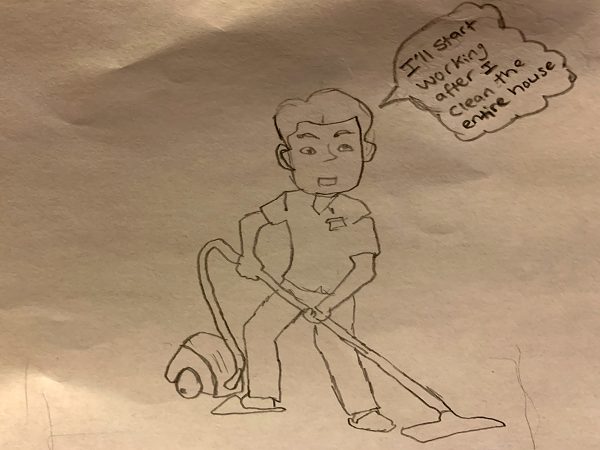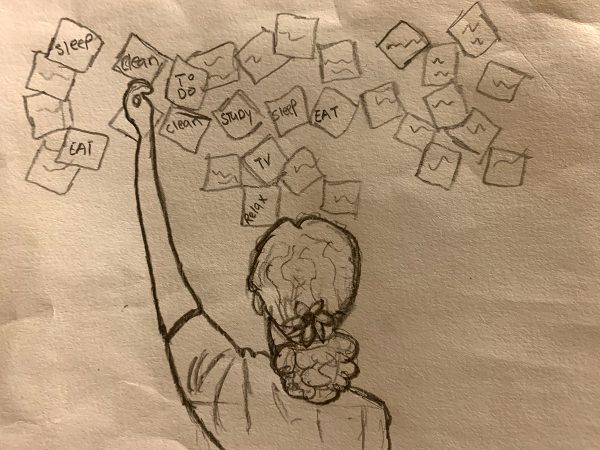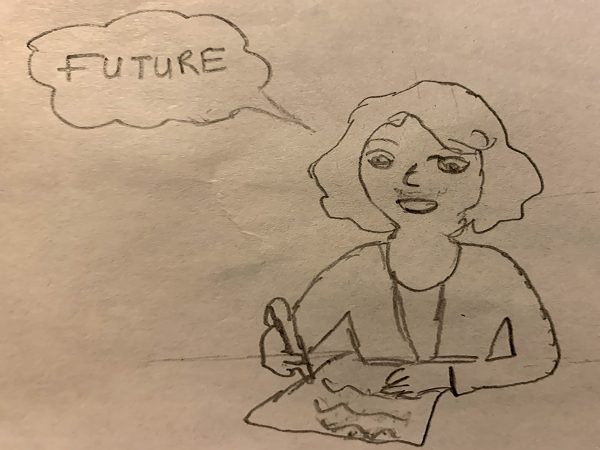Have you ever found yourself overwhelmed and frantically trying to finish a task at the last minute? Do you substitute a boring task for an enjoyable one? And finally, have you ever started working on an important task and then suddenly decide to clean, check social media or rest? These are the signs of a procrastinator.

So what can you do to stop procrastination? Here are some tips.
1) Acknowledge your procrastination
You need to recognise your procrastination for what it is. If you find yourself waiting to have the motivation or the right mood or atmosphere to complete a task, this is procrastination.
‘Taking a break’ to binge watch Netflix, Disney+ or Amazon series is also procrastination. A 30-45-minute episode will turn into an hour and in extreme cases, the entire day. So recognise it for what it is: procrastination, and the only thing to be gained from this guilt.

Other signs to look out for
- Being organised and working hard at making to-do lists but not actually get stuff done
- Spending the day completing minor tasks, e.g. experimenting in the kitchen and cooking a meal that you have never made before

- Sleeping for an excessive amount of time can be a form of procrastination
- Starting long and meaningful conversations instead of completing a task
2) Find out why you are procrastinating
Procrastination can stem from anxiety, fear of failure or not wanting to sacrifice enjoyable activities. For example, to complete a task, you might need to work for a longer period of time. To avoid feeling this discomfort, you might need to change your set task.

Depression can cause procrastination because you can suffer a loss of motivation.
3) Plan strategies of combating procrastination
Procrastination has consequences that can range from feeling guilty about not completing a task to actual failure. So you need some strategies.

Strategies you could take:
- Create achievable to-do lists and schedules and place them on significant objects
For example, placing lists on your fridge or snack cupboard will definitely motivate or irritate you into completing your work.
- Avoid distractions

Turning off your phone and leaving it in another room will combat distractions from social media and other people. Unplugging televisions and game consoles is also a good idea.
- Find someone to inspire or nag you into getting tasks done
Having a stern figure keeping you on track can be a good thing. No one likes to have someone nagging them about what they need to do. In order to stop this nagging, you will most likely complete your task.
- Focus on delayed gratification instead of immediate gratification

Focus on the end result. Don’t dwell on how much work you need to do, how you feel while you are doing it or how long it will take.
- Reward yourself after finishing each task
Having a reward after each task helps you acknowledge what you have accomplished. Mmm, chocolate…

